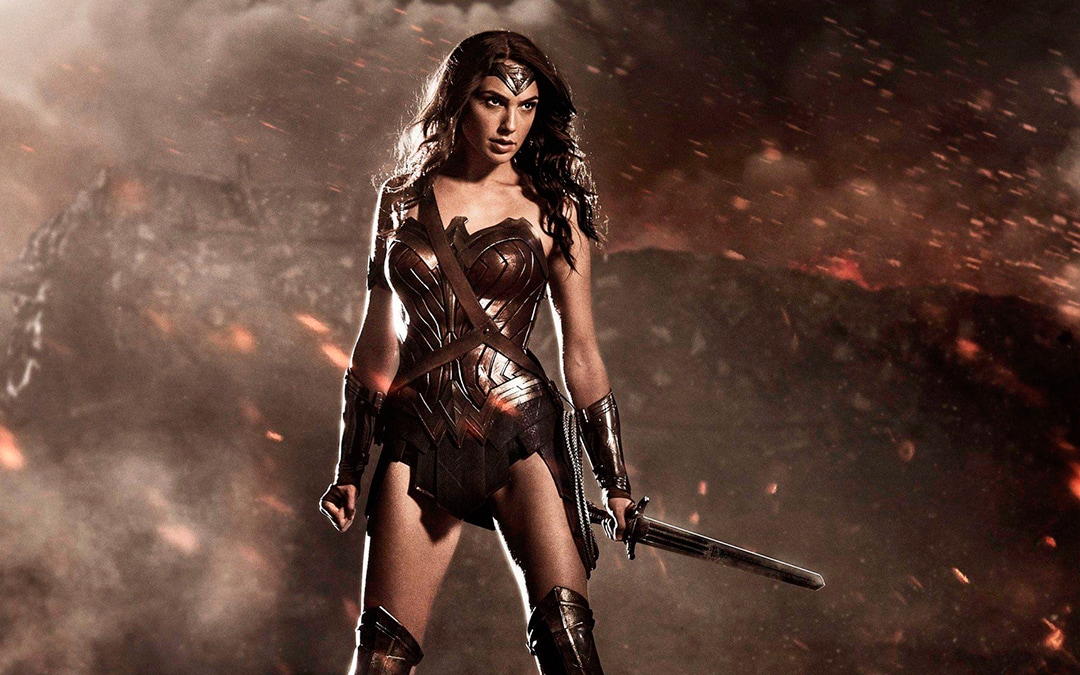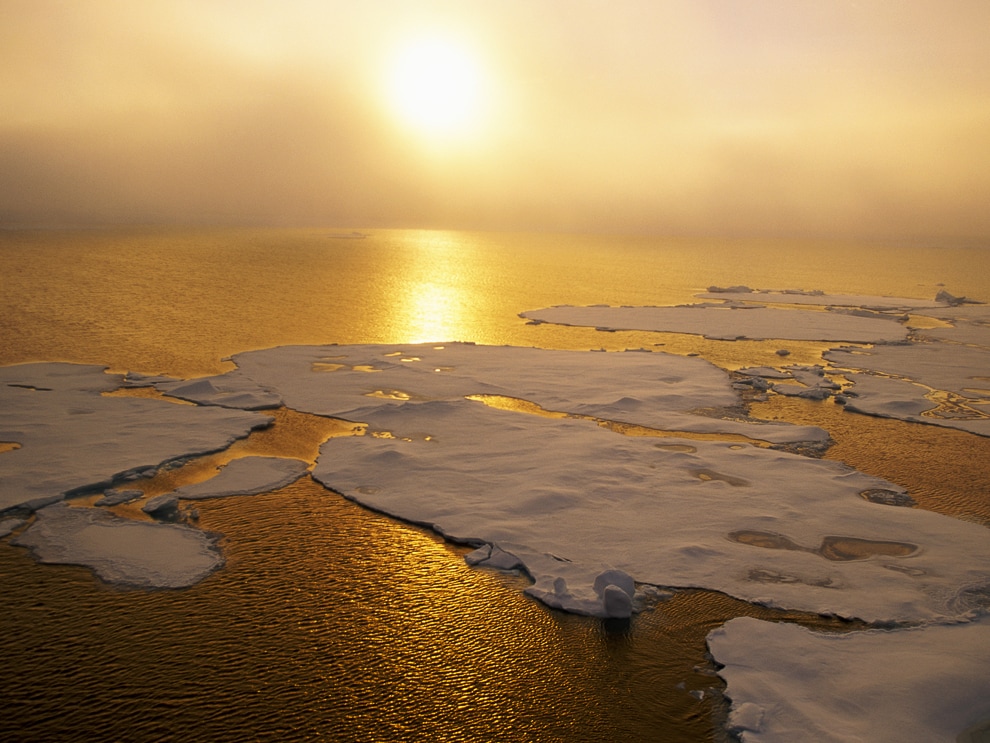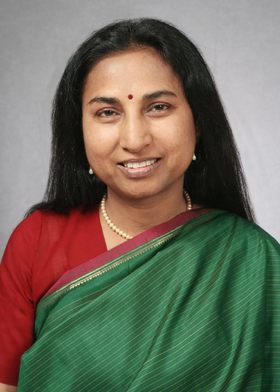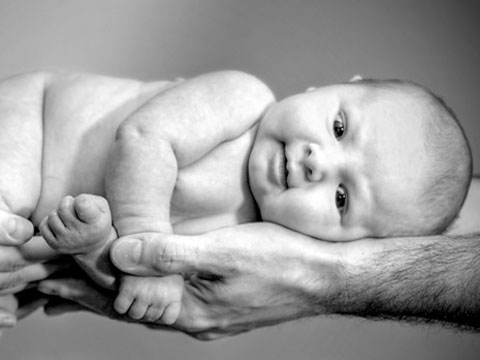|
By Abbey Greene The internet is blowing up over the newest action film: Wonder Woman. The movie represents the first major superhero motion picture to showcase a female lead, a breakthrough for women in the film industry. The title role is played by the lovely Gal Gadot, who had to train six hours a day for six months and gain 17 pounds of muscle in preparation for filming. Last October, Gadot was present as the United Nations made Wonder Woman its Honorary Ambassador for the Empowerment of Women and Girls, a gesture to promote gender equality and instill confidence in women. You may not know, but Gadot is somewhat of a Wonder Woman herself. She served in the Israel Defence Forces for two years as a combat trainer, and learned a lot about fighting skills and weaponry in the process. She has also educated herself in both law and political science. Gadot was quoted saying that she took the role of Wonder Woman to empower other women and her own two young daughters. However, it turns out that empowering women is not just about gender equality. There’s another reason to empower women: it would help prevent global warming.
According to the Food and Agriculture Organization of the United Nations, if all female farm smallholders received equal access to resources, their farm yields would rise by 20-30%. With more food available, the number of undernourished people in the world would drop by 12%. This means 100-150 million people would no longer be hungry.
One business has stepped up into the green spotlight to help tackle this issue: Kellogg’s. Kellogg’s is a large international food company who receives yields from 65,000 smallholders worldwide. When they realized nearly half were women, they launched different campaigns a little over a year ago to help thousands of women smallholders by educating them and teaching them new farming techniques and systems. For those of us who aren’t working at Kellogg’s, feel free to visit Action Aid’s website to learn how else you can help women smallholders around the globe. Meanwhile, 225 million women in lower-income countries say they want the ability to choose whether and when to become pregnant but lack the necessary access to contraception. This results in about 74 million unintended pregnancies each year. If we invested in family planning and educating girls on a global scale, our population numbers would be lower, and future emissions reductions could be reduced by 123 billion tons of carbon dioxide by 2050. The amount of carbon we would be saving would be equivalent to taking almost 24 billion cars off the road for an entire year.
One fund that is making a difference is the Malala Fund. Malala started speaking out about the need for girls’ education in 2009, all the while receiving death threats and refusing to be silenced. It all came to a peak in 2012 when she was shot by the Taliban on her way to school. In the weeks after the attack, over 2 million people signed a right to education petition, and the National Assembly swiftly ratified Pakistan's first Right To Free and Compulsory Education Bill. Ever since, Malala has been working endlessly for a world where every girl has the right to a 12 year education. Visit her website for more information. These are great examples that are happening around the globe, but there is more work to be done. Empowering women is not only good for gender equality, but also good for the environment and saving the planet. We all need to follow Wonder Woman’s example and jump into action. Let’s do this, girls.
2 Comments
Thanks for sharing beautiful content. I got information from your blog.keep sharing
Reply
9/14/2023 07:32:47 am
I found this post to be incredibly inspiring. Your personal anecdotes and insights made it relatable and engaging. Looking forward to reading more from you!
Reply
Leave a Reply. |
Archives
March 2024
Categories
All
|
Contact UsJackson Wild
240 S. Glenwood, Suite 102 PO Box 3940 Jackson, WY 83001 307-200-3286 info@jacksonwild.org |






 RSS Feed
RSS Feed